When an economic collapse hits, the world can feel like it’s been turned upside down. The things we once relied on—like jobs, money, and even stable governments—can become unreliable. That’s why knowing how to survive, thrive, and adapt is critical. If society’s normal structures break down, it’ll be our practical skills that carry us through.
Prepping for an economic collapse isn’t just about stockpiling supplies, it’s also about developing the right skills to trade, barter, or use to support yourself and your community. Here are 21 essential skills that will be in high demand when the system falters.
1. Food Production And Farming
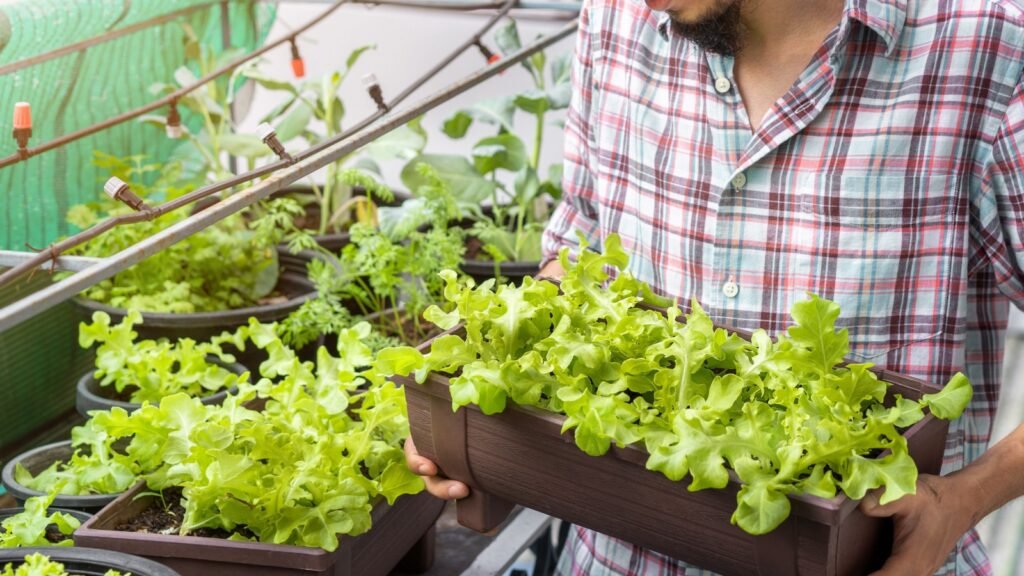
In a world where grocery stores may not be stocked, the ability to grow food will be crucial. Whether it’s cultivating vegetables or managing livestock, people who know how to produce food will be invaluable. Self-sufficiency in farming ensures you and your community will have a reliable food source during tough times.
2. Water Purification

Clean water is one of the most basic human needs. During an economic collapse, access to clean water can become scarce. Knowing how to filter and purify water from natural sources like rivers or rainwater can be life-saving, and others will seek you out for this expertise.
3. First Aid And Basic Medical Care

When hospitals and healthcare systems are overwhelmed or inaccessible, knowing how to provide basic medical care is crucial. First aid, wound treatment, and managing infections will be in high demand. Being able to keep yourself and others healthy during chaotic times will give you a huge advantage.
4. Bartering And Negotiation

With money losing its value, bartering may become the new economy. Those who can trade goods and services effectively, and negotiate fair deals, will have a better chance of acquiring what they need. This skill is more than just talking—it’s about knowing the true value of resources.
5. Carpentry And Shelter Construction
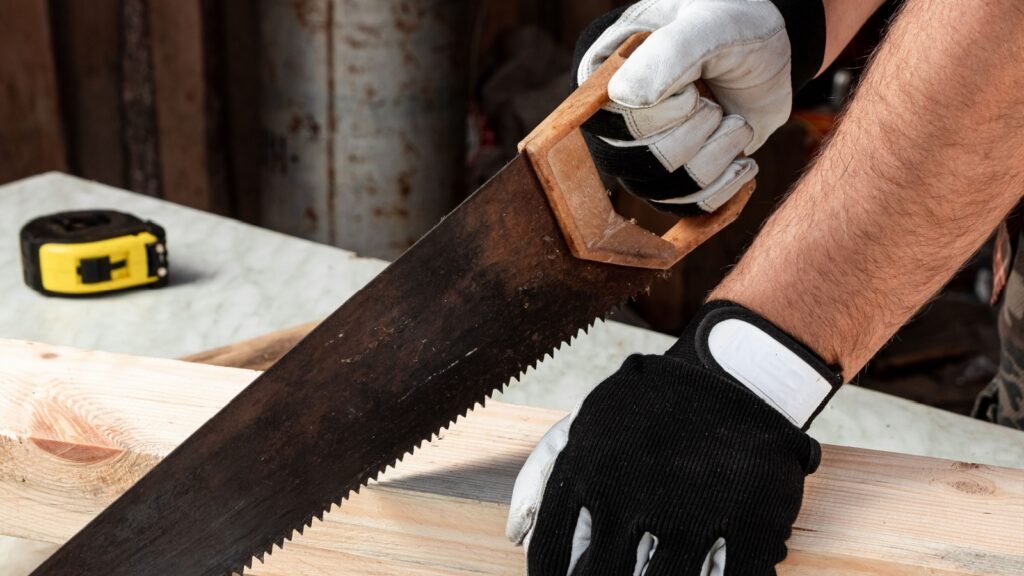
The ability to build or repair homes, shelters, and even furniture will be invaluable when resources are limited. People will need safe, secure places to live, and knowing how to construct or fortify a structure will make you an important part of any community.
6. Food Preservation

In times of scarcity, being able to preserve food is as important as producing it. Techniques like canning, dehydrating, and fermenting allow food to last longer, helping to prevent waste and ensure a stable supply through the seasons.
7. Hunting And Fishing
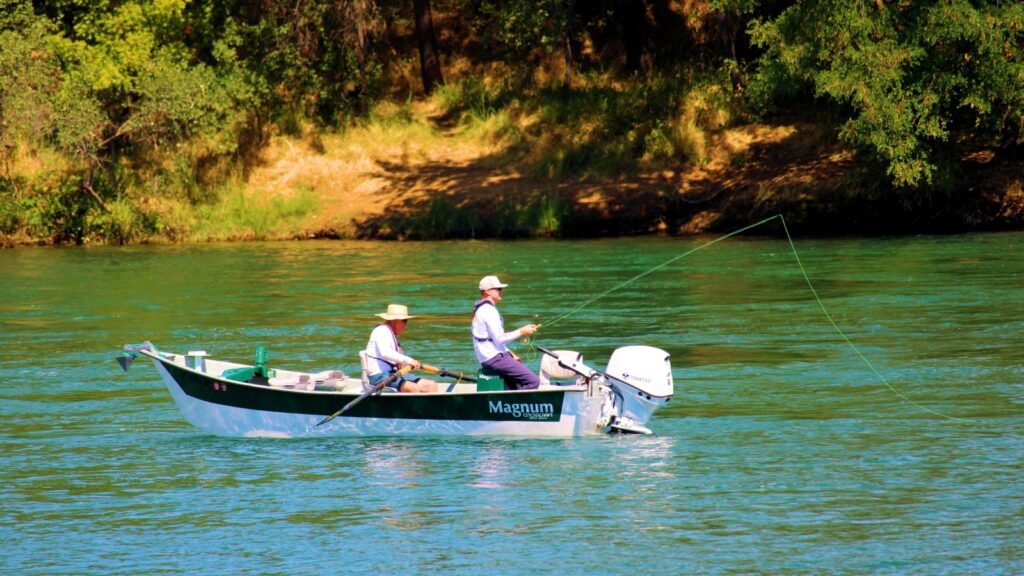
When food supplies run low, being able to hunt or fish for fresh protein will become essential. Not only will this provide food for yourself, but it’s a skill you can teach others or use to trade for other necessities.
8. Mechanical Repair
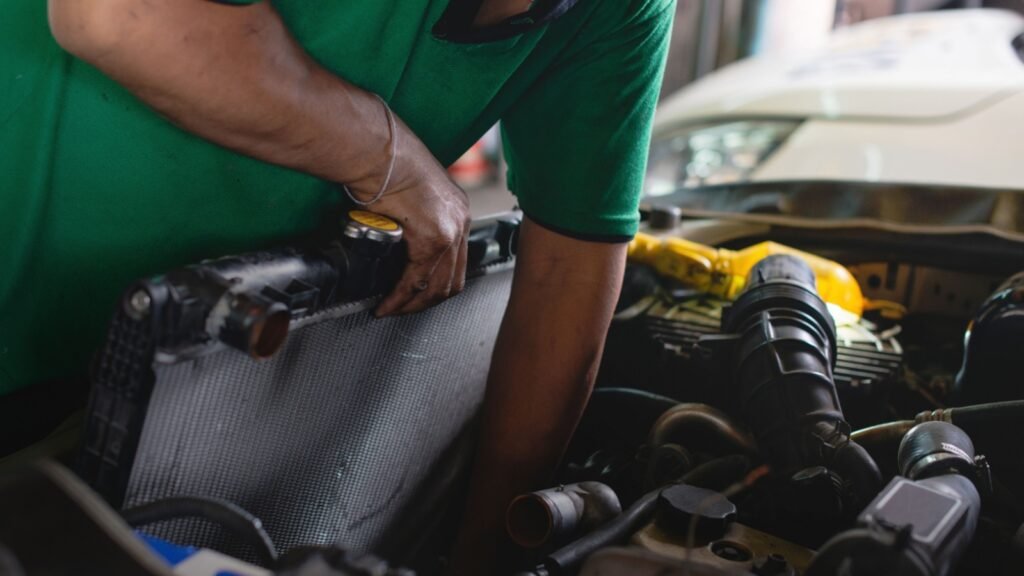
When the economy collapses, it may be tough to find new machinery or parts. Knowing how to fix vehicles, farm equipment, and other mechanical devices will be a valuable skill, as many people will need help keeping their tools and machines in working condition.
9. Alternative Energy Creation
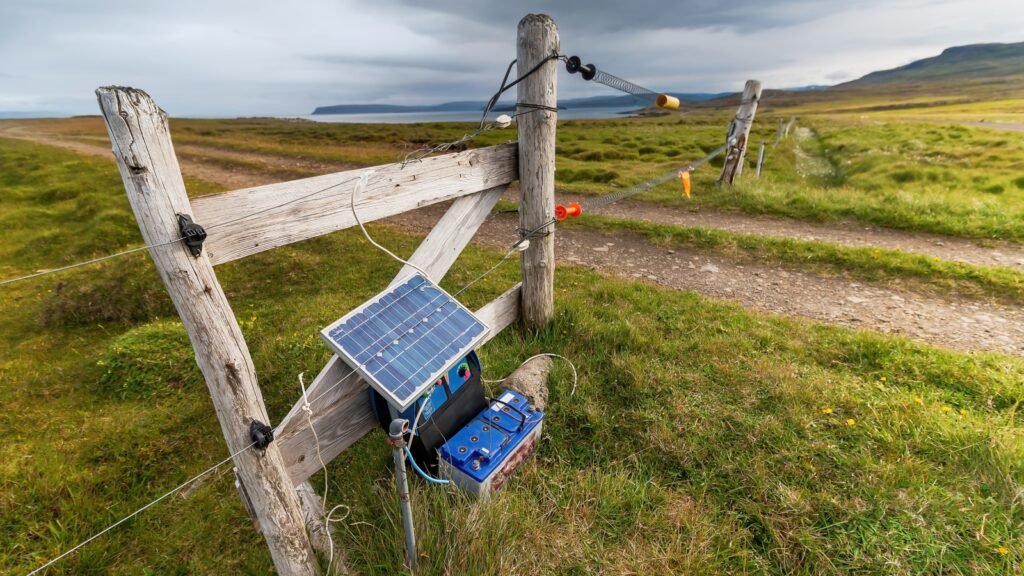
With the grid down or energy costs skyrocketing, people who know how to harness alternative energy sources like solar, wind, or water power will thrive. Having the skills to build, repair, and maintain these systems will make you indispensable to a community.
10. Communication And Ham Radio Operation

If traditional communication systems fail, knowing how to operate a ham radio or other alternative communication devices can help keep people connected. This skill will be vital for sharing information, organizing, and even coordinating rescues during a collapse.
11. Herbal Medicine And Natural Remedies

Pharmacies might be one of the first things to go during a collapse. Having knowledge of herbal medicine and natural remedies can fill that gap. Knowing how to use plants to treat ailments will be in high demand when modern medicine becomes hard to access.
12. Security And Self-Defense

In times of desperation, theft and violence can increase. Having skills in personal security, defense tactics, and even how to train others in self-defense can help keep you and your group safe. This will be especially critical for protecting resources like food and water.
13. Blacksmithing And Metalwork
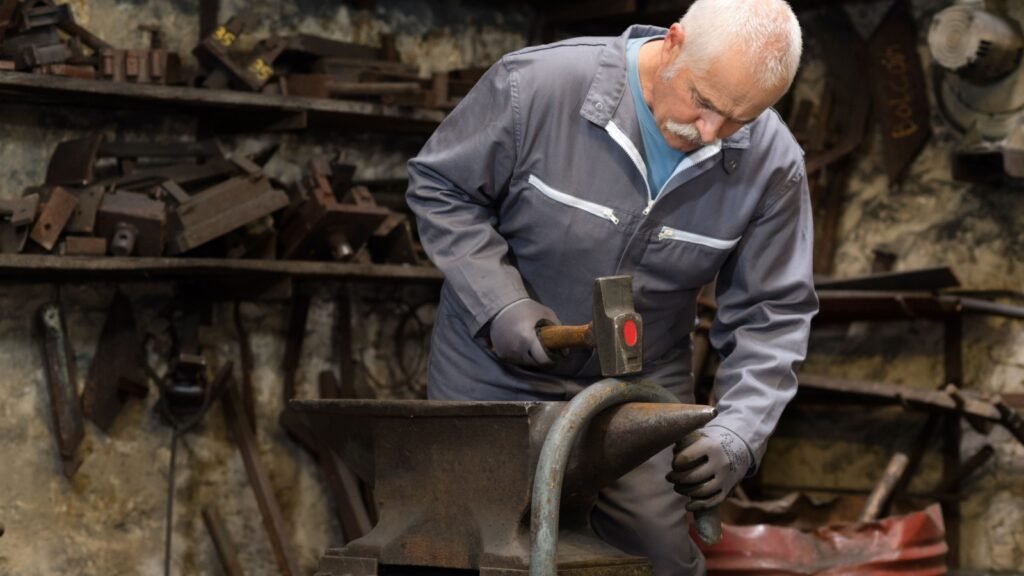
Blacksmithing is a nearly forgotten trade but could become essential again when modern manufacturing collapses. The ability to create and repair metal tools, weapons, and building materials will be highly valuable as communities look to rebuild.
14. Leadership And Community Organizing

In times of crisis, people naturally look for leaders. If you have the ability to organize, plan, and lead a group, you can be instrumental in rebuilding or maintaining a community. Leadership requires not just courage but also the ability to keep morale high and ensure everyone works together.
15. Sewing And Clothing Repair

When clothes wear out and stores no longer provide easy replacements, knowing how to repair or even make new clothing will be essential. Simple sewing skills can help ensure you stay warm, protected, and presentable, making this a vital skill in a collapsed economy.
16. Animal Husbandry
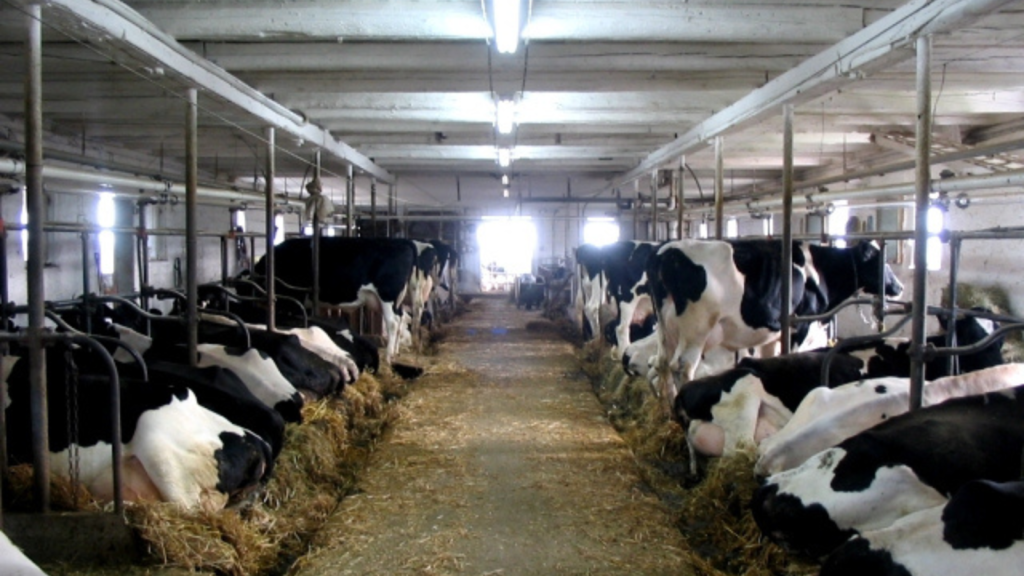
Raising and caring for animals will be a key part of food production. Those with experience in breeding, feeding, and caring for livestock will be needed to keep communities fed and to maintain sustainable farms.
17. Firearms Handling And Maintenance

During economic collapse, the ability to handle firearms for hunting or protection becomes more important. Equally crucial is knowing how to maintain, clean, and repair firearms, ensuring they function when they’re needed most.
18. Psychological Support

Economic collapse can lead to widespread anxiety, stress, and despair. People with counseling skills or the ability to provide psychological support can help others cope with the trauma and chaos of the situation, keeping communities mentally resilient.
19. Cooking And Baking

Knowing how to cook nutritious meals from limited supplies will be an invaluable skill when times are tough. Being able to make the most of basic ingredients and keep meals varied will help keep spirits high, making you an important asset to those around you.
20. Fire Starting And Management

Being able to start a fire and manage it properly for warmth, cooking, or even signaling can be a life-saving skill. Those who know how to use different fire-starting techniques, especially in difficult conditions, will be in high demand.
21. Gardening And Permaculture
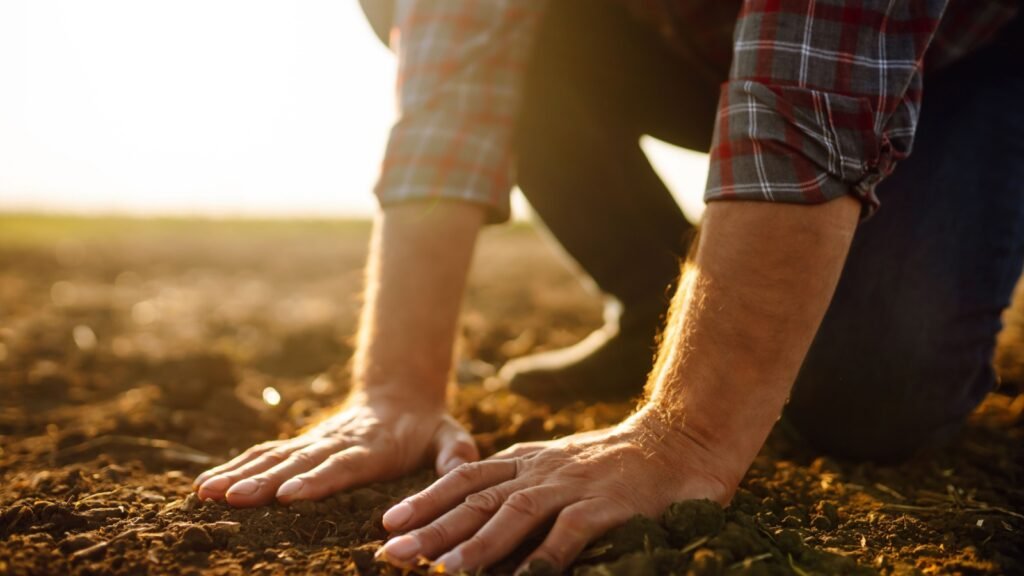
Going beyond basic farming, permaculture focuses on sustainable, self-sufficient systems that require minimal maintenance. These skills will help communities create long-term solutions for food production, waste management, and even water collection, making you an essential member of any off-grid group.

